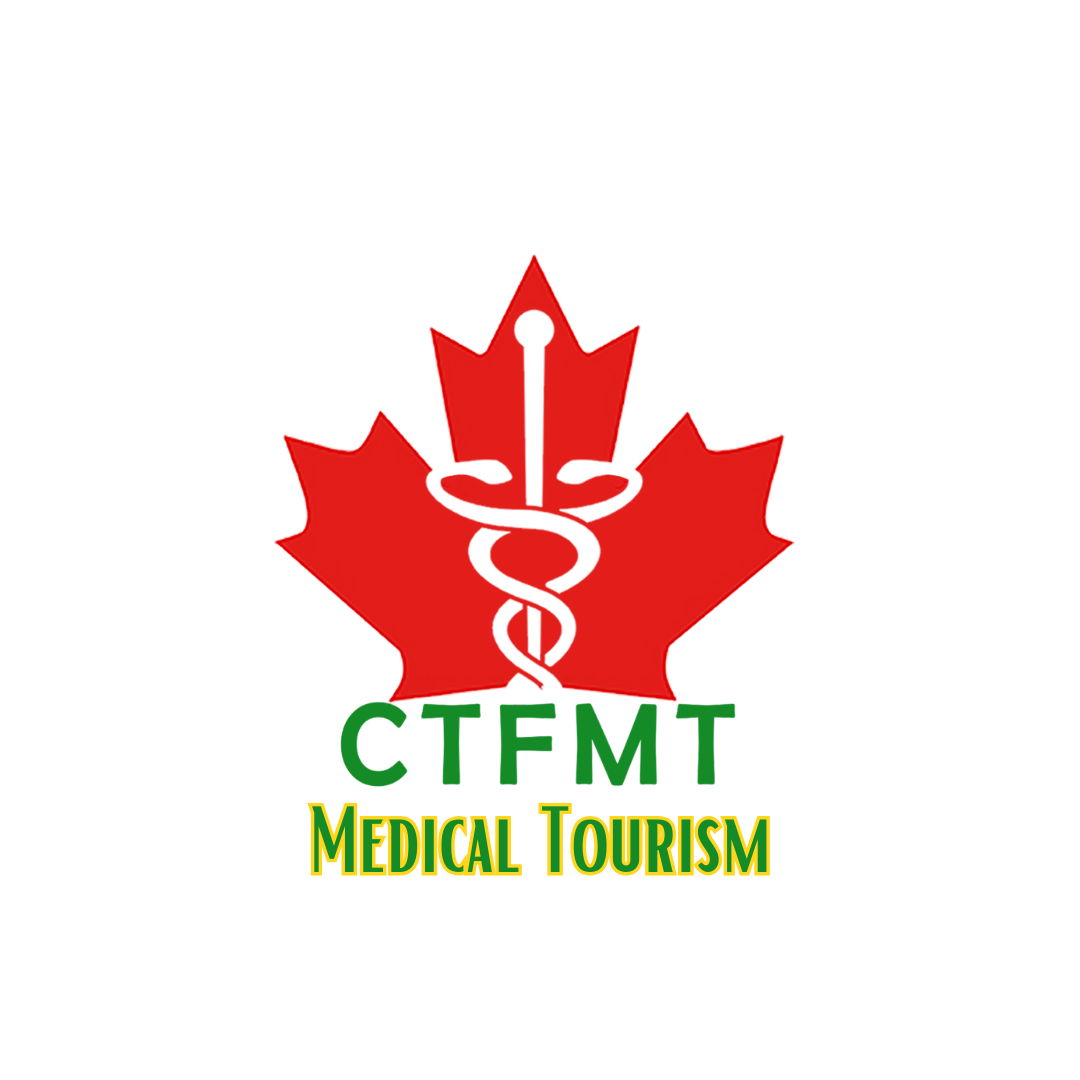 CTFMT program is built on the principles of the “therapeutic community” approach, which involves group cohabitation to encourage sharing of thoughts, emotions, and experiences. The primary objectives of the program are to achieve abstinence from addictive substances and to facilitate positive lifestyle changes. The program focuses on detoxification and rehabilitation for individuals whose physical, intellectual, and social well-being have been affected by addiction.
CTFMT program is built on the principles of the “therapeutic community” approach, which involves group cohabitation to encourage sharing of thoughts, emotions, and experiences. The primary objectives of the program are to achieve abstinence from addictive substances and to facilitate positive lifestyle changes. The program focuses on detoxification and rehabilitation for individuals whose physical, intellectual, and social well-being have been affected by addiction.
Key features of the program include:
- Natural Environment: The program takes place in a natural setting, creating a conducive environment for healing and recovery.
- Multidisciplinary Medical Team: A specialized medical team with expertise in various fields collaborates to provide comprehensive care and support.
- Minimum Three-Month Duration: The program lasts for at least three months, with an additional recycling period. This extended time frame allows for a more thorough assessment, treatment, and follow-up.
- Detoxification and Rehabilitation: The program integrates detoxification to manage withdrawal symptoms and prepares individuals for the rehabilitation process.
- Cycle-Based Approach: The rehabilitation phase is organized into 30-day cycles. This structured approach allows for gradual progress and consistent monitoring.
- Controlled Drug Usage: Medications are administered to help manage addiction-related disorders and to support the rehabilitation process.
- Medical Summaries and Recommendations: Throughout the program, medical summaries are compiled, outlining the individual’s progress, challenges, and areas of improvement. Recommendations are provided to guide the ongoing treatment.
- Self-Esteem and Social Reintegration: The program aims to enhance self-esteem and promote successful reintegration into family and society.
- Supported by Research and Associations: The program’s efficacy is supported by research and is endorsed by Cuba’s Scientific and Psychiatry Association.
The program is divided into two main stages:
1. Addiction Rehabilitation Program:
- Assessment Stage: This initial phase involves a 7-day hospitalization where individuals undergo multidisciplinary consultations, laboratory tests, and therapeutic interventions to assess their physical and psychological condition.
- Rehabilitation Stage: Following the assessment, individuals enter a 30-day cycle of rehabilitation. This phase involves therapeutic treatments, drug management, and ongoing monitoring. At the end of each cycle, medical summaries, conclusions, and recommendations are prepared.
2. Addiction Rehabilitation Program: Recycling:
- Hospitalization: Individuals are re-hospitalized for 30-day periods to continue the rehabilitation process.
- Rehab Treatment: Rehabilitation treatments continue during this recycling phase.
- Control Drugs: Medications to manage addiction-related disorders are administered as needed.
- Medical Summaries and Recommendations: Similar to the initial stage, medical summaries are maintained to track progress, and recommendations are provided.
It’s important to note that the reported 45 percent recovery rate is a notable outcome, indicating a positive impact of the program on participants’ lives. The program’s structure, multidisciplinary approach, and emphasis on community and gradual progress contribute to its success in supporting addiction recovery and lifestyle transformation.
